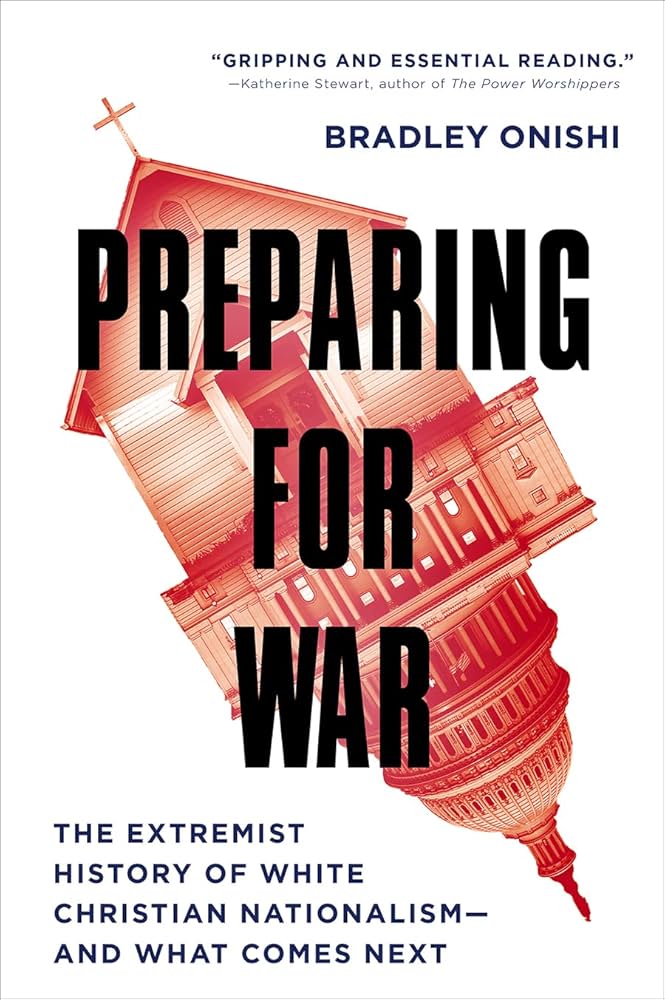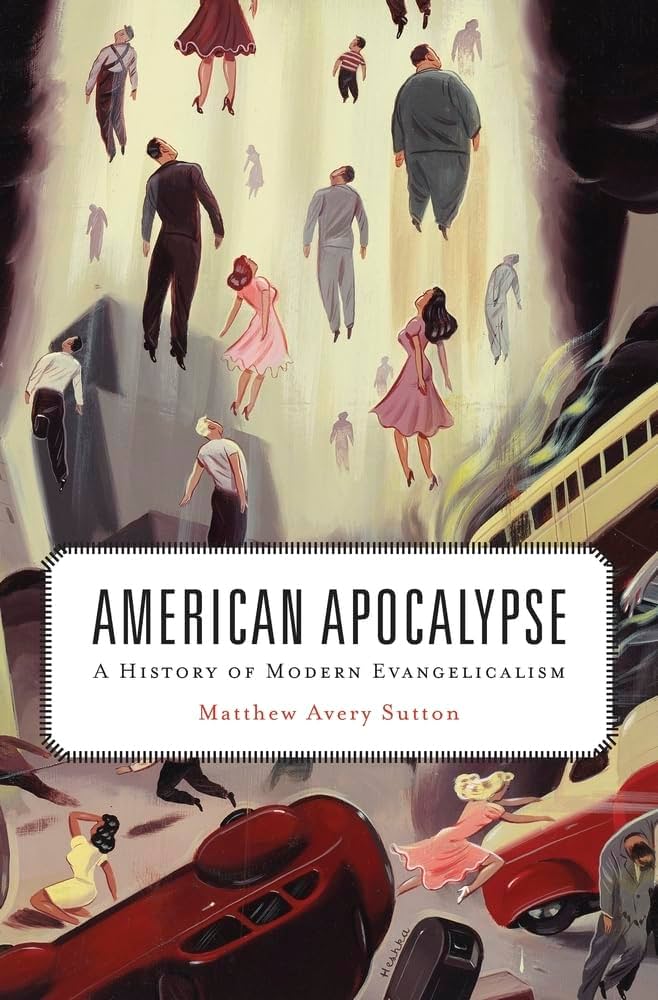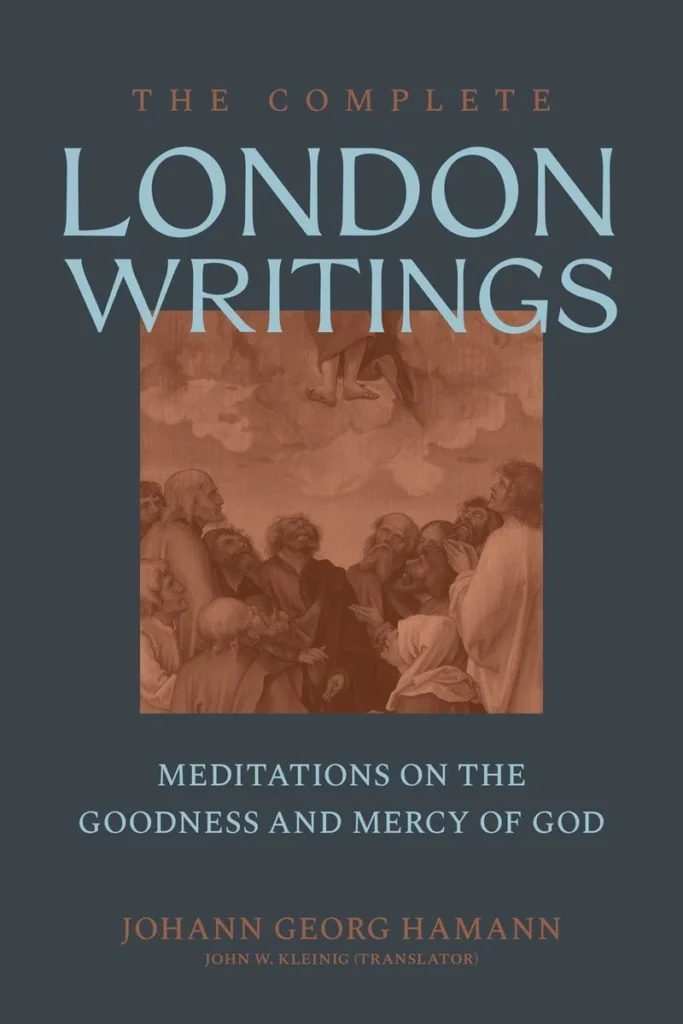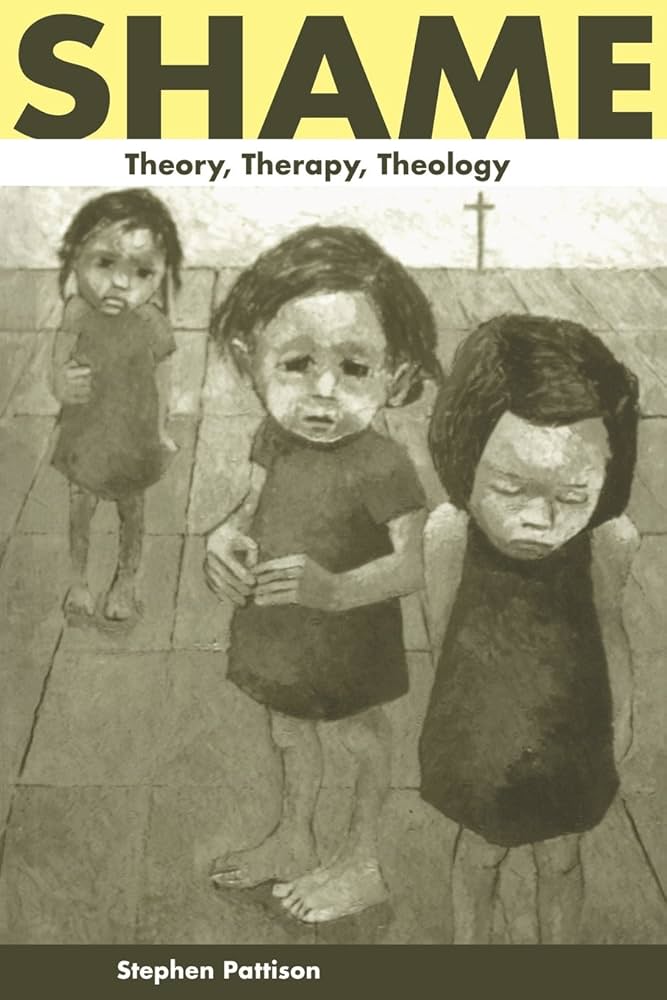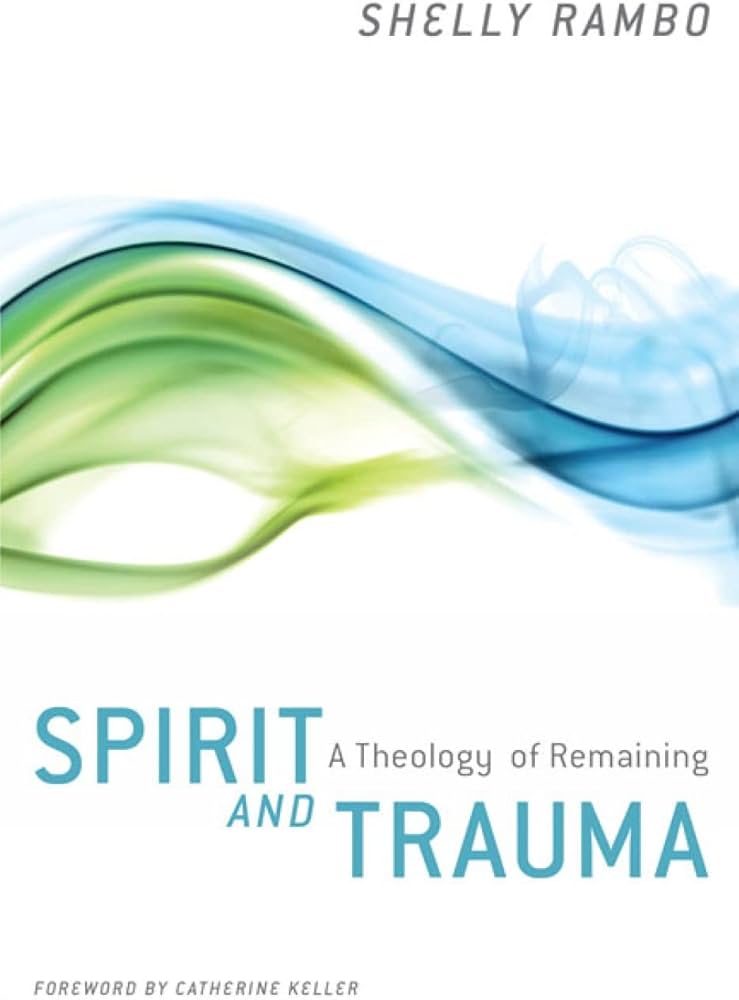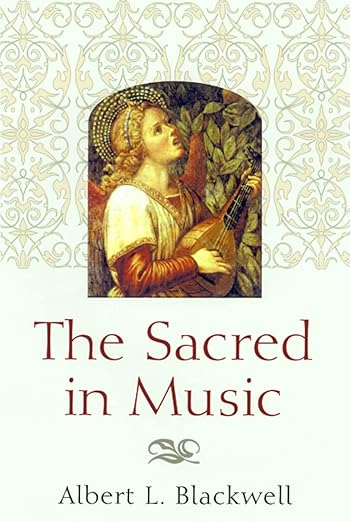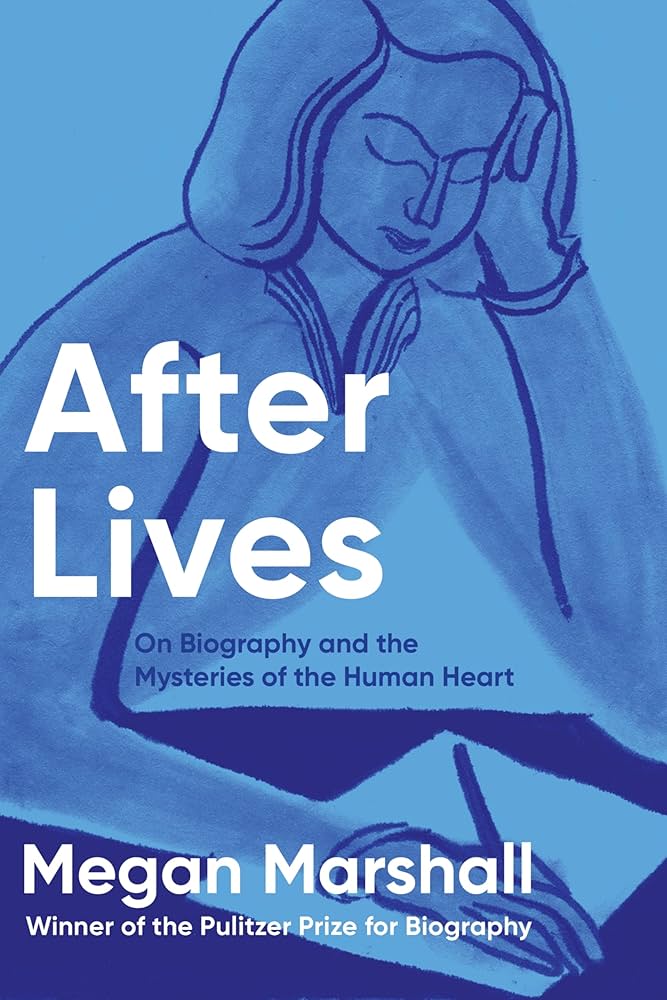Between Philosophy and Ideology

One of the most influential philosophers of the twentieth century, Martin Heidegger remains deeply controversial for his sustained nationalist and antisemitic commitments before and after World War II. Much like contemporary debates over separating an artist’s work from their personal beliefs, Richard Wolin reexamines Heidegger’s philosophy by situating it firmly within its ideological and historical context.
By focusing on Heidegger’s postwar writings and conduct, Wolin criticizes his prolonged silence on the crimes of Nazism as a deliberate evasion of moral and political responsibility. This evasion is made explicit through Heidegger’s Black Notebooks, which reveal his continued antisemitism and commitment to National Socialist ideas of German and Jewish identity. Wolin argues that Heidegger purposely hid his ideology through silence and omission. For example, by removing incriminating passages or the mistranslation of his work to a more universal language, Heidegger has evaded criticism, consequently revealing a sanitized and misleading overview of his ideology. As philosophy cannot be taught without a moral accountability, Wolin reframes Heidegger’s writings of large abstract philosophical constructs as mechanisms to avoid ethical responsibility for his beliefs.
Reviews and Endorsements of this publication include the following:
“Combines close readings of Heidegger’s key writings with a rich cultural, literary and political history. . . . Wolin’s evidence-based work is its own riposte to the ludic mythomania of the philosopher’s political fanboys.”
—Lyndsey Stonebridge, New Statesman
For more information on this publication, click here:
For more of “On the Lived Theology Reading List,” click here. To engage in the conversation on Facebook and Twitter, @LivedTheology, please use #LivedTheologyReads. To sign up for the Lived Theology newsletter, click here.

